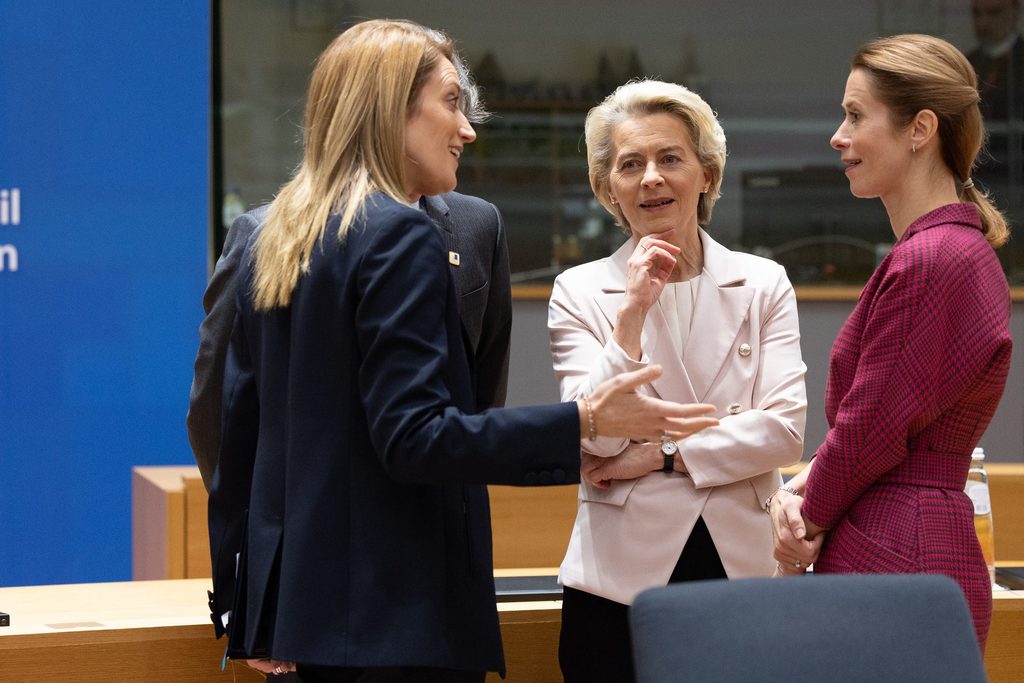In a working paper addressed to the 27 EU Member States, European Commission President Ursula von der Leyen opens the door to more relaxed regulations in the hotly debated nature restoration law, Belga News Agency reported on Friday.
Von der Leyen's own political group, the European People's Party (EPP), has been instrumental in fighting the bill, which was opposed by the agriculture and fisheries committees of the European Parliament, but is still due to be voted in the plenary session on July 10.
The nature restoration law is key for the EU strategy on biodiversity, designed to respond to Europe's damaged natural habitats, 80% of which are already in a poor shape.
The law would enact the first-ever legally binding targets on fauna and flora restoration and recovery, both on land and sea. By 2030, 20% of the EU's seas and lands should be covered by protection measures.
Measures rather than results
In the working note, as seen by Belga News Agency, Von der Leyen puts forward several options for scaling back on the proposal's provisions. One of these would be a shift away from an obligation to have certain results and rather have an obligation to enforce certain measures.
This would mean that nations would have to commit to putting measures in place, rather than to guarantee land will not be further deteriorated.
Other concessions would include targets for urban green spaces, especially for cities that already have a lot of greenery.
Critics of the bill say that the biodiversity targets would harm farmers and farming activity, with the EPP withdrawing from negotiations last week and dubbing the regulation as an "attack on European agriculture, forestry and fisheries". Behind this contention is a non-binding target to ensure that 10% of agricultural land has high biodiversity.
The EU Commission President addressed such criticism in her note by reiterating that this target does not require farmers to stop using 10% of their land. The note also specifies that Member States make their own national plans for natural restoration and can set a lower target for high-biodiversity agricultural land.
Belgian Prime Minister Alexander De Croo is one of the nature restoration law's critics, having said that this and other EU environmental plans should be put on pause. De Croo drew heavy criticism from the Green parties in his own government.
Last week, De Croo spoke directly to the EU Commission President about a relaxation of the law, according to Belga News Agency.
"There is no pause, the Council wants to move forward, the Parliament also wants to move forward, potentially without the EPP, but in principle, we should have a majority", Belgian Greens MEP Saskia Bricmont said on Friday during a press briefing.
Related News
- 'Irresponsible': EPP walks out on nature restoration law negotiations
- De Croo and Demir make 'mockery' of EU nature plans, says EU Environmental Agency
- Belgium must invest €603 million to meet biodiversity commitments, says WWF
Belgian Deputy Prime Minister Petra De Sutter said that the working note from Ursula von der Leyen "underlines the absolute importance of strong nature restoration legislation."
The Environmental Committee of the EP will vote on the nature restoration law on June 15, while the Council of EU Environment Ministers will meet on 20 June to find a common position.

